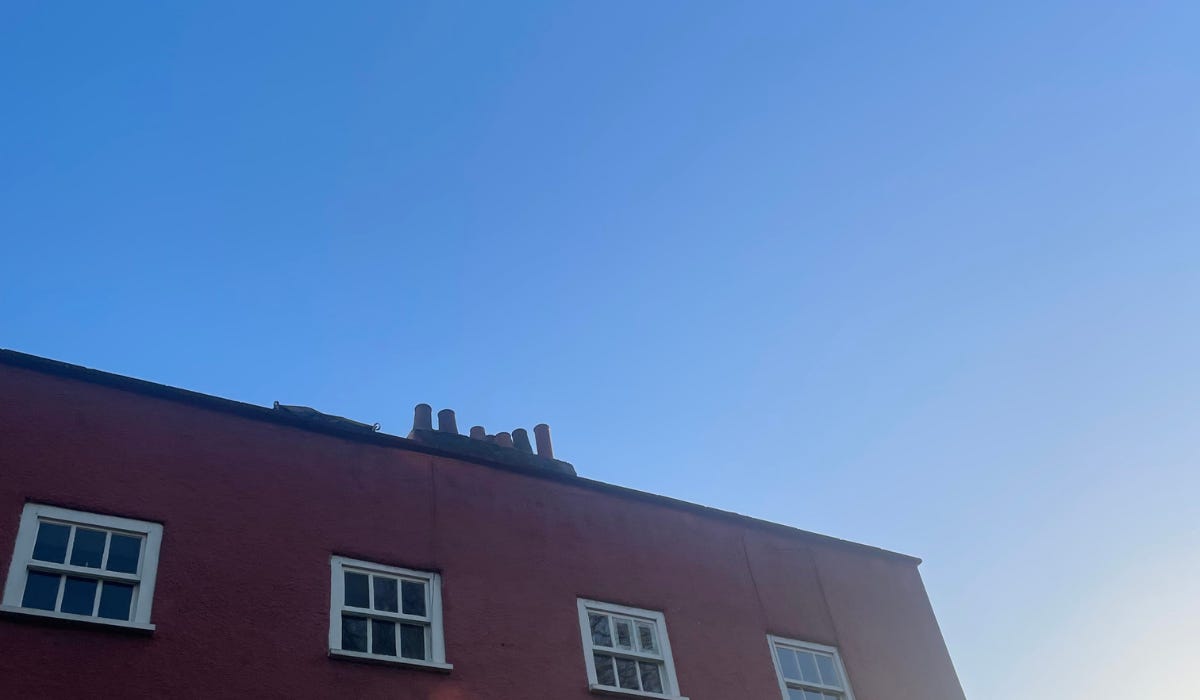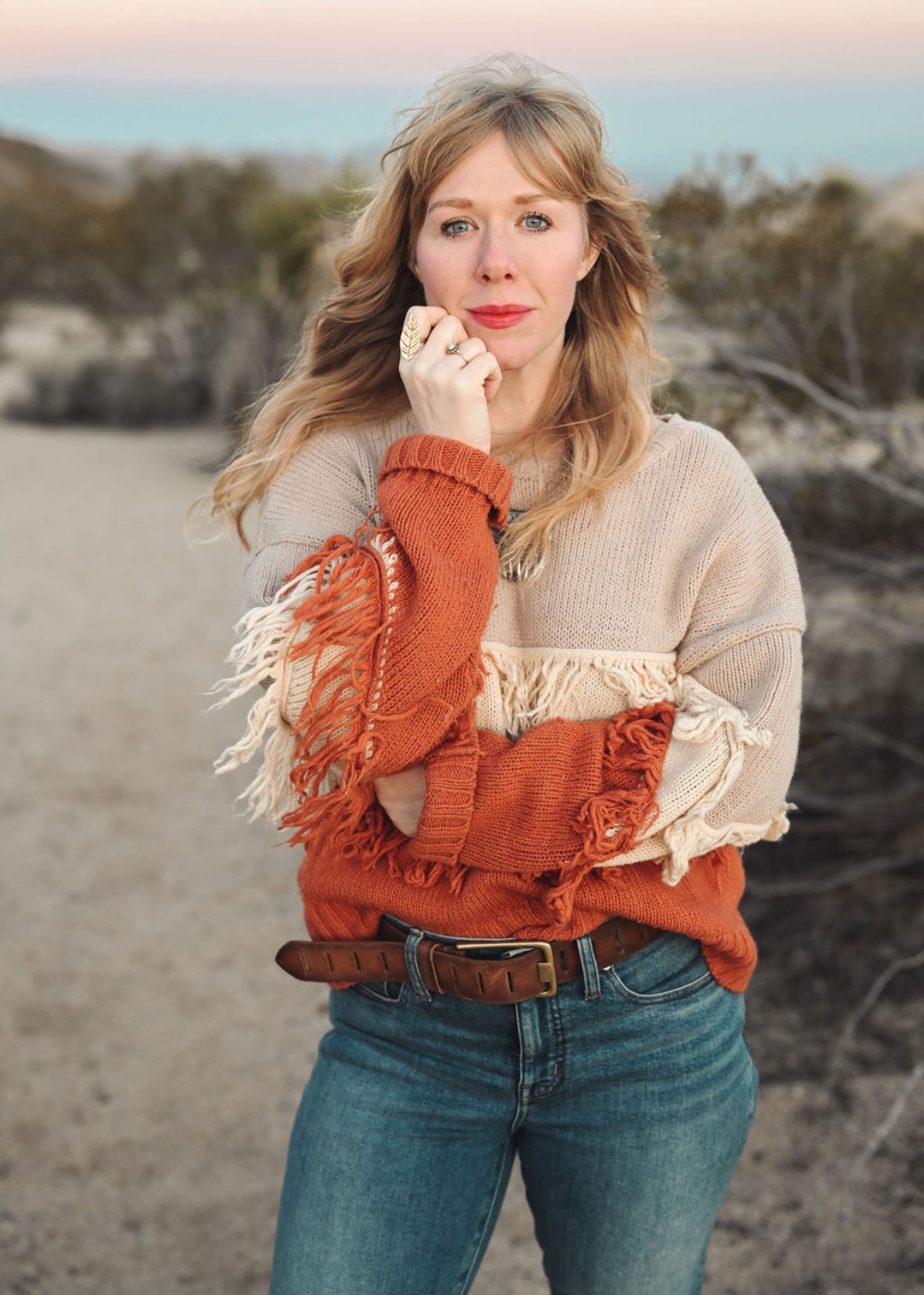This is part of a series where I ask others about the ways they cultivate a sense of home.
In the year I spent writing my book How to Stay Sane in a House Share, I found myself fascinated by the notion of home. I’d noticed my own was very fixed while others had a more fluid sense of ‘being at home.’ Somehow, their approach appeared to be more grounding than my own.
When I secured the book deal last summer, I was in the middle of moving out of a flat I lived in with my (then) partner and back into a house share. It was forcing me to look closely at this fixed idea I had - that I needed a physical place to call my own before I could truly feel at peace. Conversations like this one with Joy gave me the space to interrogate this idea and to slowly redefine what it means to feel ‘at home.’
In these doom-scrolling times, it’s a special feeling when you come across words that match the very raw emotions you’re working through, that meet you in almost the exact moment you’re in. It’s how I felt reading Joy’s Substack post: ‘How to leave a life.’
I had that day packed up my own life in London in a very run-down white transit van. I sat among the boxes I’d extracted from the life I’d shared with my partner, despairing about all I’d ‘lost.’ Then I found Joy’s post and for the first time, I thought, perhaps this isn’t a loss. Maybe, actually, this is the beginning of a new way of living that will, in time, feel better.
Joy speaks of an innate need to move, a gut feeling so overwhelming her brain couldn’t make sense of it. She describes a slow separation between her mind and body where a physical yearning took hold. I’d never experienced a visceral pull like that until that very summer when I knew it was time for my relationship to end. I’d knew it need to happen but my mind had been stuck, fixating on the impracticality of it all.
Reading her poem, which she describes as an ‘incantation’ allowed me to see the chaos surrounding me as an empowering shedding of the self. In my interview with Joy, she shares the journey she went on when she left a stable job and a home she shared with a partner and faced an unknown future.
JOY:
Growing up, I was hell bent on a certain trajectory that I think a lot of women feel tied to or connected to and that you've got to pursue this one idea of what it means to be successful. As a kid, it was that I would find a house and I would live in that house with my partner, and then eventually I would have children and have the stable job. I was very attached to that idea. And then I was there, I had the little blue house with the yellow door. But the longer I lived there, the longer I started questioning if this was the only dream I had.
I remember having this instinct and I'm big on instinct. When you think about how animals know it's time to go, it’s always instinctually. How does the bird know when it's time to migrate? We’re all animals. And I think for me, it was a process of really learning to trust that instinct, that innate sense of direction. I felt it in my body before I knew it in my brain. It was at that time that I would have this recurring dream that I was in a barrel of water, decomposing.
I took myself out into the desert where I did a solo trip for about six weeks by myself. There was something about the stillness and the solitude and the quietude of a desert in the middle of winter. It was January and everything was cold and silent. It was there that I really woke back up to what my instincts were saying which was: “It’s just time to go. There is a different world, there's a different season available to you.” And that's when I wrote the poem.
Instructions for Traveling West
First, you must realise you're homesick for all the lives you're not living. Then, you must commit to the road and the rising loneliness. To the sincere thrill of coming apart. Divorce yourself from routine and control. Instead, find a desert and fall in. Take the trail that promises a view. Get lost. Break your toes. Bruise your knees. Keep going. Watch a purple meadow quiver. Get still. Pet trail dogs. Buy the hat. Run out of gas. Befriend strangers. Knight yourself every morning for your newborn courage. Give grief her own lullaby. Drink whiskey beside a hundred-year-old cactus. Honor everything. Pray to something unnameable. Fall for someone impractical. Reacquaint yourself with desire and all her slender hands. Bear beauty for as long as you are able and if you spot a sunning warbler glowing like a prism, remind yourself - joy is not a trick.
-
It’s not about taking one leap to find your home and your life resolves. I don’t know if I'm going to stay here in Portland, Oregon for the rest of my life. I don’t want to suggest that I left one place and found another and as a result, I'm a lot happier. I do feel a lot closer to listening to the heart of that instinct and that intuition I described. But I don’t think it’s about taking one leap. I feel like I just gained more data for the next leap forward, and more trust in myself that wherever I go, I'm going to keep getting smarter. So, in the future, I can keep leaping further.
I've been getting really into the science of leaping and reading these scholarly articles on the way that squirrels leap, and how they teach themselves to jump. I was wondering, what metaphor is available to us, or what science can explain this idea of taking a leap? What I find fascinating is that squirrels hardly ever fall. It's incredibly rare. And scientists have studied how squirrels parkour their way through these obstacle courses that they set up in parks.
They noticed that the squirrels were course correcting, basically learning to trust themselves to get it right the next time. So, each time they move, they’re learning about how bendy the branches are and how sharp their claws are and how they can flip themselves backwards, and what they can do if they miscalculate the leap. For me, that’s a better way to think about jumping. You don't necessarily really leap and arrive. But you build trust in yourself and that informs the next leap.
I grew up very concerned about making mistakes, and about doing something wrong. Inherent in that mindset is that you become really risk averse because you're afraid of doing something. And if you're always afraid of doing something wrong, you often don't find out what's right for you. Part of my shedding of the old self and moving west and the anonymity that opened that for me, was this opportunity to try some things on and say, “Wow, that’s really bad, isn't it? That isn't it? Absolutely not it.” But then it was a mistake that I got to own, rather than a thing I was afraid to do.
And that's a different relationship to identity, when you're choosing something because you've inhabited it, and decided truly, that it's not for you, versus you are terrified of it. It’s this idea of culpability and choice and actually choosing to make a decision. And even if it's the wrong choice, at least I owned that decision. And that to me, again, was sort of a really helpful framing of that idea of coming home. Whatever choice you make, whichever way you go, there is going to be both brutality and beauty. Choice really has less to do with location and more about our relationship to self.
As humans, we like to fix things and think ‘that’s when I will have arrived’ but I don't see that process in nature. My own lived experience of this notion of home is much more fluid and ongoing. Home is something that we create all the time, and that we live our way into. It's really about a notion of just getting more certain than comfortable within yourself. And then I think it matters less about what geographical location. For me homemaking is really about peace-making.
Joy’s collection of poetry Instructions for Traveling West is out now
MORE IN THIS SERIES
'I look back now and I just want to hug that girl'
Daisy Buchanan
‘I could be anywhere. My body is my refuge and my home’
Nahid de Belgeonne






Loving your writing. Subscribing ✅